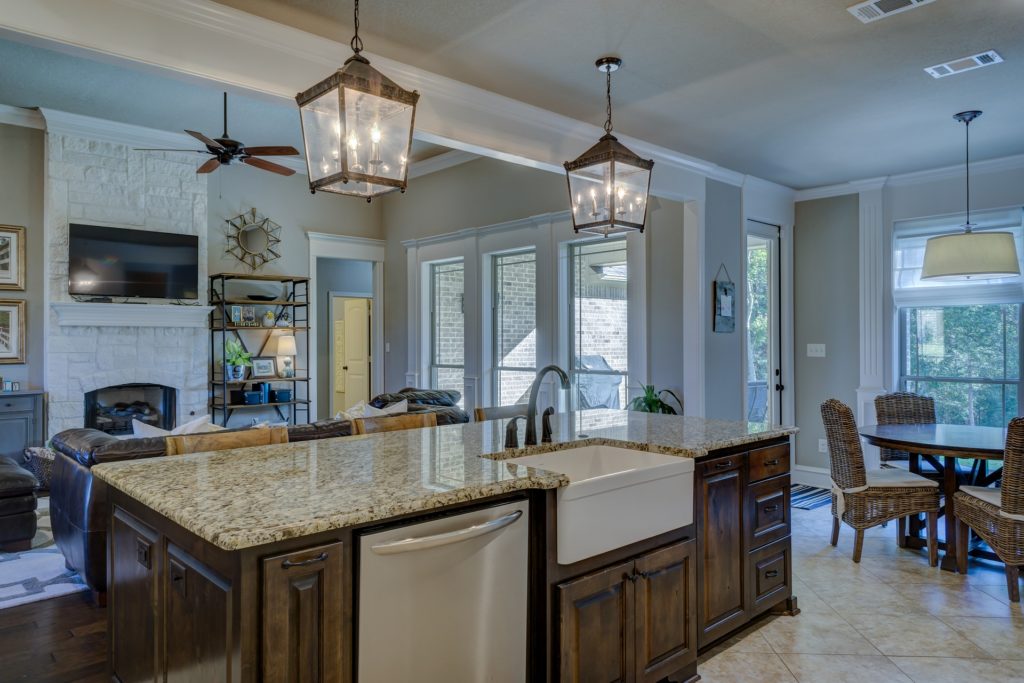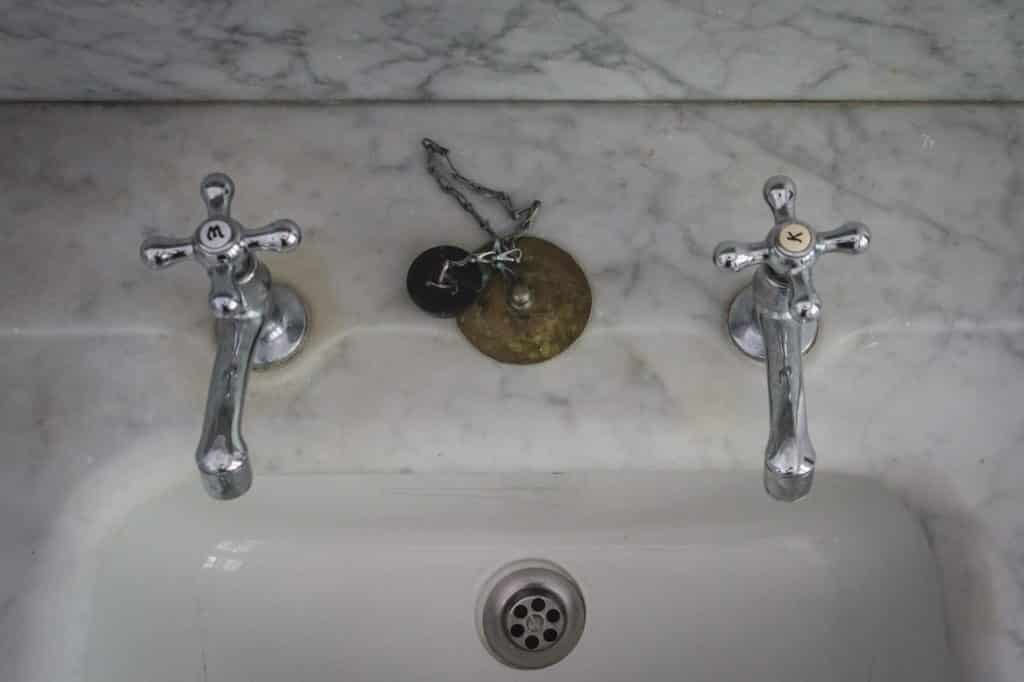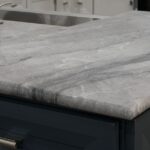Choosing a stone for a countertop can be a pretty difficult task, especially if you don’t know much about stones. There are many options around, each with their own features, colors, and patterns. So, something that may cross your mind while trying to pick one is whether granite is the same as marble.
Both granite and marble are very famous stones, and tend to be people’s go-to pick for anything, especially granite. Marble is famous for being beautiful, a fame it has since antiquity, and granite, for being durable and resistant.
If the comparison gets you more interested in granite, be sure to check out our definite guide on granite countertops! It’s the easiest way to learn everything you need to know about this kind of stone.
Granite is not the same as marble
The truth is, granite is not the same as marble. The two stones have some major differences, meaning they have wildly different applications. This article will explain those differences in more detail, so that you can have a better idea of which one to use for your house.
Appearance
The most notable difference they have is their appearance. Distinguishing granite from marble is very easy compared to distinguishing other pairs of stones, like marble and white quartz, for example.
Marble is usually white, maybe with a brownish tint, and has veins running through it, normally all in the same direction. The veins are typically gray, but can also have a dark brownish tint. Those veins make it look like it’s composed of rocks of multiple sizes, creating its characteristic look.
Of course, you can also find marble of different colors. Black marble, for example, is beautiful and very sought after. But the veining still remains, and is something that can help distinguish it from granite.
Granite, on the other hand, is very grainy. It’s composed of a bundle of different rocks with different colors and sizes, so it doesn’t look as smooth as marble. It can also have veins, but the grainy texture is always there.
While black granite is the usual choice, it can be found in many colors, especially brown and dark gray, making it easier to find a color that fits well with the rest of the room.

Hardness
Another difference is hardness. The two stones have very different hardness, making their possible applications wildly different.
Marble is very soft. That means it can scratch very easily, and those scratches will end up making it quite dull over time. Scratches are pretty difficult to remove from stone, so marble is better off being used in places that don’t involve using hard or heavy objects.
It’s better used as a bathroom countertop, for example, provided it’s resealed regularly. On the other hand, it’s not really recommended for kitchen countertops, as daily usage will leave it very scratched. Using it for columns, in Ancient Greece style, is another popular application and can make your halls look amazing.
Granite, however, is very hard. That means it doesn’t scratch nearly as easily, and works great for kitchens, bars, fireplaces, and even floors. It’s very durable (although, of course, it doesn’t last forever), making it a great choice for nearly anything. As it’s also cheaper than marble, it tends to be the most popular stone for any application.
Maintenance
The need for maintenance is also very different.
Marble is not only softer than granite, but it’s also much more porous. This greater porosity makes it much more prone to staining, and also makes cleaning stains a tad more difficult. As marble is usually white, that also means that stains tend to be more visible too.
To help prevent stains, natural stones are usually sealed. Sealing consists on applying a coat of some kind of sealer in order to make it waterproof. It’s really helpful, but, unfortunately, the sealer doesn’t last forever. It can be very soft, meaning scratches will make it wear out over time and remove that protection.
So, marble has to be resealed often in order to prevent staining. And, being prone to scratching, it also has to be polished once in a while, as that is the only way to remove the shallow scratches that leave it dull.
Granite, although it’s still porous, is much less porous than marble. This, along with it being much harder, means that it doesn’t require nearly as much maintenance, and makes it a much more durable and reliable option.
Price
Of course, they can also vary a lot in price.
Marble, being the fancier stone, is usually more expensive. Its price range often sits at about $100 to $200 per square feet. While it’s not as hard as granite, it’s a much more valued stone, especially because of its beauty and history.
While it’s not recommended as a kitchen or bar countertop, that doesn’t mean you can’t use it for that. If you have the means to do regular maintenance, it will perform just as well as granite, and look even better. It’s a great way to add more value to your home and impress your guests.
Granite is, of course, quite cheaper, typically ranging between $75 and $100 per square feet, depending on the quality of the stone. While it’s not as valued as marble, this lower price range is really helpful, as it means it’s much easier to use it in large amounts. Making a granite floor is very feasible, and would also look great.
However, there also some rarer versions of both stones that can cost a lot more. Blue Bahia, a kind of blue-colored granite, can reach upwards of $500 per square feet, and you can find marble that’s even more expensive than that.

We Can Help You Choose
If you’re still having a hard time trying to decide what kind of stone you’d like, you can always look for an specialist’s opinion. Stone specialists already know what each kind of stone is good for and what they could bring to your home, so their opinion can be very valuable.
Here at Eagle Stones, we specialize in stone countertops, especially granite and marble, and we can help you with that. Just fill our form, and we will send you a specialist to help you and give you a free estimate! We also handle many other kinds of stone, so we can help you pick the best ones for your home.



